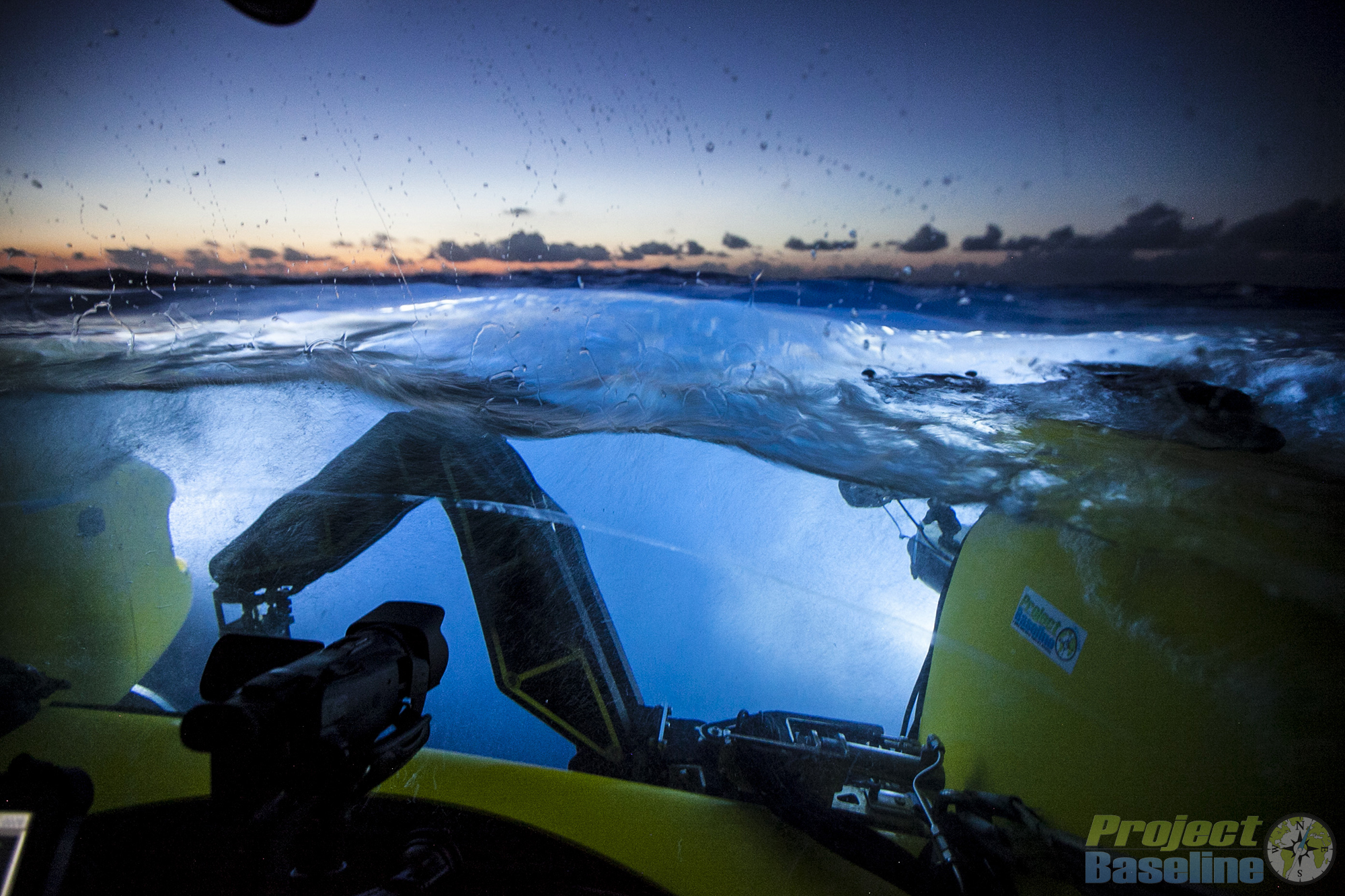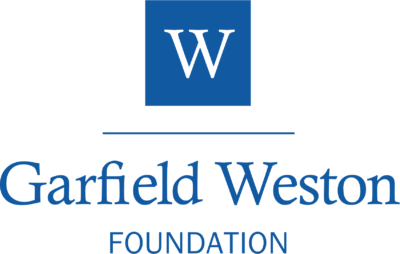

In 2016, the XL Catlin Deep Ocean Survey marked Nekton’s inaugural multidisciplinary scientific research mission, focusing on the state of the ocean around Bermuda, the Sargasso Sea, and the Northwest Atlantic. Supported by 40 partners, including the Governments of Bermuda and Canada, UNESCO, 12 marine institutes, 5 media outlets, and 6 technology partners, this Mission set Nekton’s new standard for deep ocean research and public communications.
The Mission’s success led to a significant policy shift in Bermuda, with the Government committing to protect at least 20% of their ocean territory. Marine spatial planning for these protected areas began in 2020 and drew on the data from the XL Catlin Deep Ocean Survey to inform the establishment and management of new protected areas.
Identification of the Rariphotic Zone, revealing over 100 new species to science in Bermudian mesophotic depths (50m-300m).
Evidence of a 5-million-year-old biogeographical link between Bermuda and Australasia.
Rediscovery of a sea star not seen in Bermuda for almost 100 years.
Documentation of the deepest recorded evidence of lionfish globally.
20 scientific peer-reviewed papers published, including the first standardised multidisciplinary framework for marine research (GOSSIP), co-authored by 16 leading marine scientists.
Bermuda in the Spotlight: including across BBC, PBS, Forbes, Telegraph, New Scientist, Guardian, Sky News, Geographical.
Biodiversity Research: Two vessels – Baseline Explorer (submersible operations, Bermuda) and CCGS Hudson (mapping and ROV operations, NW Atlantic – from Canada to Bermuda). The team undertook the first mapping of seamounts and the first systematic biological baseline survey of ocean life from the surface to 300metres around Bermuda.
38,651 specimens and samples analysed.
Developed machine learning techniques for analysing 240 video transects.
15,000 litres of water samples analysed for macronutrients and eDNA.
92 square miles of new seabed maps processed.
Co-Creation: The mission’s scientific objectives and outcomes were co-created with Bermuda and Canadian partners to meet national priorities.
Taxonomic Acceleration Workshop: Held in Bermuda, this workshop brought international experts together to identify samples collected during the mission.
Grant Programme: Provided grants to Bermudian and regional scientists for participation in the mission.
Submarine STEM: Launched an educational programme with free educational resources for all schools in Bermuda and engaging over 2million students through live educational programming from the submersible based expedition.
Documentary Production: Collaboration with Bermuda National TV, broadcast during the America’s Cup.
Bermuda’s Commitment: Following the presentation of baseline data and policy recommendations, Bermuda committed to protecting at least 20% of its ocean territory, with marine spatial planning beginning in 2020.
New Protected Areas: Data from the Kelvin Seamount informed the NorthWest Atlantic Fisheries Organisation’s decision to increase protection of the area.
Policy Influence: Actionable datasets informed global policy development, including contributions to the UN’s Law of the Sea, the UN High Sea Implementing Agreement, the UN Convention on Climate Change, and the North Atlantic Fisheries Organisation.
Grants and Workshops: Six grants awarded to Bermudian and regional scientists, and a taxonomic workshop was held with international experts.
UNESCO: World Heritage in the High Seas Programme launched from the Mission in Bermuda.
Ocean Risk Summit: Collaborated with Nekton’s Founding Partner, XL-Catlin to support the Ocean Risk Summit, held in May 2018 in Bermuda.

